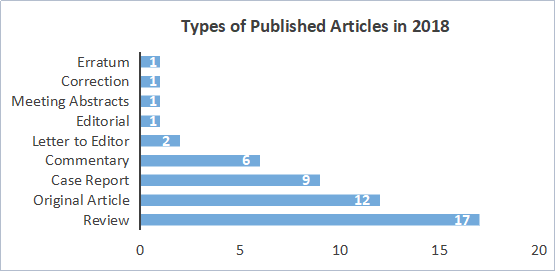NN Welcomes Drs. Rudolph E. Tanzi, Steven J. Collins, and Kiran K. Velpula to be the Journal's Editorial Board Members
On behalf of our Editors-in-Chief, Prof. Athanassios P. Kyritsis, Prof. Gang Zhao and Prof. Thomas Müller, we warmly welcome Prof. Rudolph E. Tanzi from Massachusetts General Hospital, Prof. Steven J. Collins from University of Melbourne and Dr. Kiran K. Velpula from University of Illinois College of Medicine to join the third-term Editorial Board as our Editorial Board members.

Joseph P. and Rose F. Kennedy Professor of Neurology, Harvard Medical School; Vice-Chair, Massachusetts General Hospital Neurology Department; Director, Genetics and Aging Research Unit, Massachusetts General Hospital.
As Director of the Genetics and Aging Research Unit, the focus of his research is in identifying and characterizing the genetic and environmental factors involved in neurodegeneration in Alzheimer's disease (AD) and other neurodegenerative disorders. In addition to identifying risk factors for AD, the Genetics and Aging Research Unit addresses the mechanisms underlying the etiology and pathogenicity of the genes responsible for AD through the application of molecular, cell biological, and biochemical strategies. The ongoing research in AD follows a basic roadmap, which includes disease gene discovery, translational and functional studies to identify pathogenic gene variants and mutations, molecular biological and biochemical studies to elucidate pathways that have been impacted by disease-associated gene changes, and novel drug screening assays to identify small molecules or supplements that can halt or reverse pathogenic molecular and biochemical phenotypes at the cellular level.

Department of Medicine (RMH), University of Melbourne, Parkville, Australia; Department of Clinical Neuroscience and Neurological Research, St Vincent's Hospital Melbourne, Fitzroy, Australia.
As a neurologist-scientist, Prof. Steven Collins has predominantly researched prion diseases by using rodent models and through more sophisticated techniques such as stereotaxic surgery and gross motor, behavioural and cognitive assessment paradigms, thereby developing extensive clinico-epidemiological and basic scientific research experience in prion diseases in parallel with developing his own independent teams dedicated to studying prion disease epidemiology, as well as undertaking basic scientific research relating to normal prion protein cell biology and prion pathogenesis. Prof. Collins has also extended his interest in diagnostic biomarkers into Alzheimer’s disease (AD), as well as participation in AD clinical trials.

Assistant Professor, Department of Cancer Biology and Pharmacology; Department of Neurosurgery, University of Illinois College of Medicine at Peoria.
The Velpula-Tsung laboratory is involved with the development of novel gene therapy strategies targeting cancer cell metabolism for the treatment of malignant gliomas. Another area of interest is mechanisms of metastasis and proliferation in medulloblastoma progression. With the active involvement of clinicians, they are focused upon translating these results to new clinical treatments.







